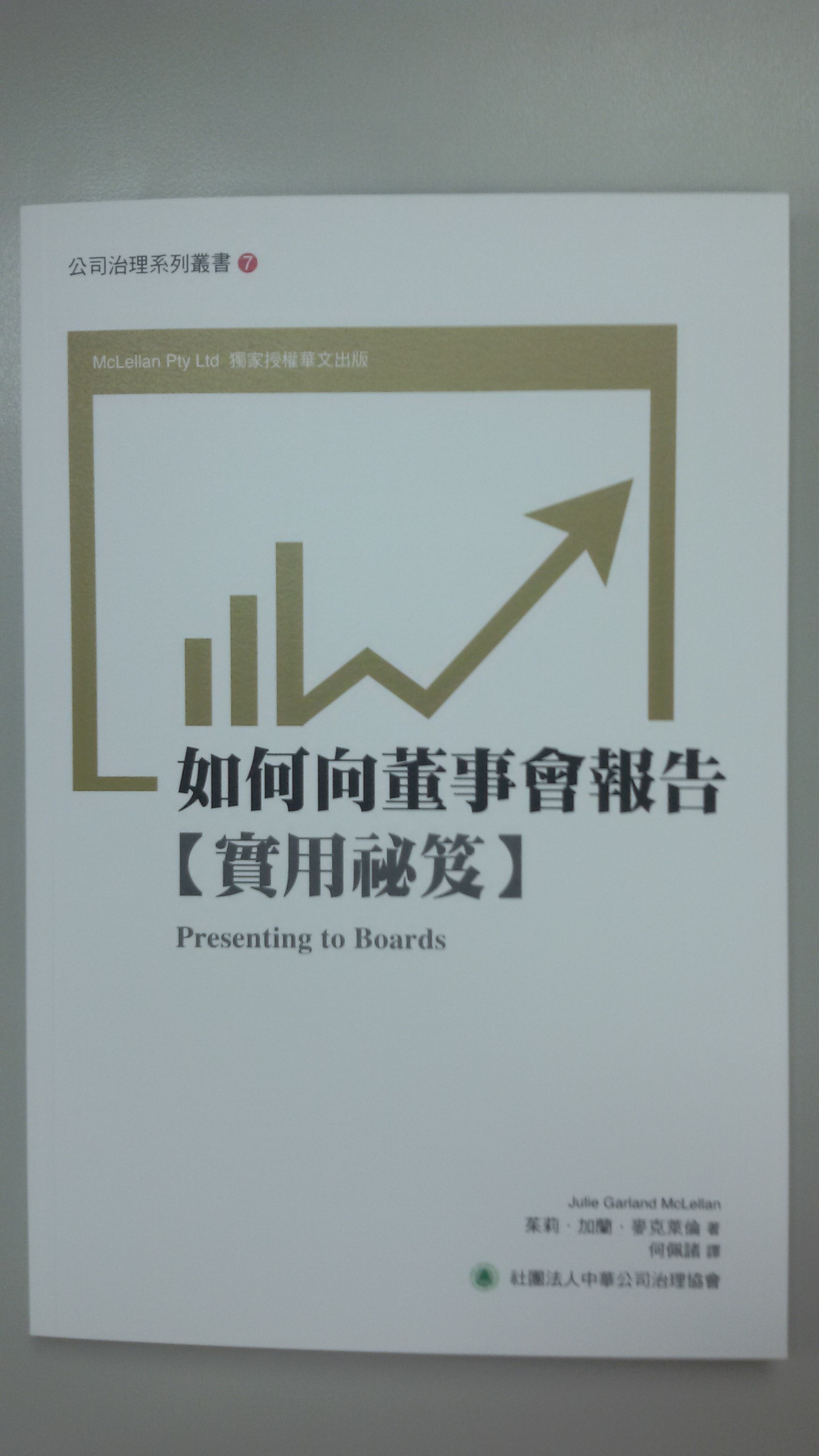Dear reader,
Welcome to the November 2016 edition of The Director’s Dilemma.
Our case study this month looks into the difficulties of convincing overseas shareholders to appropriately manage the governance risks of subsidiaries.
I hope you will enjoy this dilemma and the three suggested responses.
To read this email in your browser, go to www.mclellan.com.au/newsletter.html and click on 'read the latest issue'.
Jamilah has recently accepted a role as non-executive chairman of the board of a company that is the wholly owned subsidiary of a European privately-owned construction company. She has worked in the industry and also in government where she was involved in purchasing construction services. When she did her due diligence she was impressed at the profitability and technical ability of the staff to whom she would be reporting.
After joining she discovered that there was no WHS system in place for the Australian operations, no Directors and Officers insurance and a general naivety around the governance risks of operations in Australia. The local CEO shared her concerns but said that he had been denied budget when he sought approval for a compliance and safety officer role. Every new work contract comes with WHS and compliance obligations and conditions from the customer. Jamilah was not willing to risk simply signing a contract or allowing the CEO to sign one without checking that the international work practices did comply with Australian legislation. Accordingly she took out suitable insurance and the standard international policy and procedure was sent to a lawyer to ascertain Australian compliance; it failed.
Head Office reacted to the additional costs and denied the request for changes to "practices that have worked well everywhere for many years". Jamilah was accused of being over cautious and "too much into red tape and frippery". Her co-directors are the CEO, who is not willing to risk his job, and the Director International Operations, who is based overseas and of the opinion that an accident is not going to happen and, anyway, "nobody ever gets into trouble for being on a board" because the directors of BP, and Ford were never fined, banned or jailed over the Gulf of Mexico and Pinto disasters.
How can she persuade head office to take her concerns seriously?





